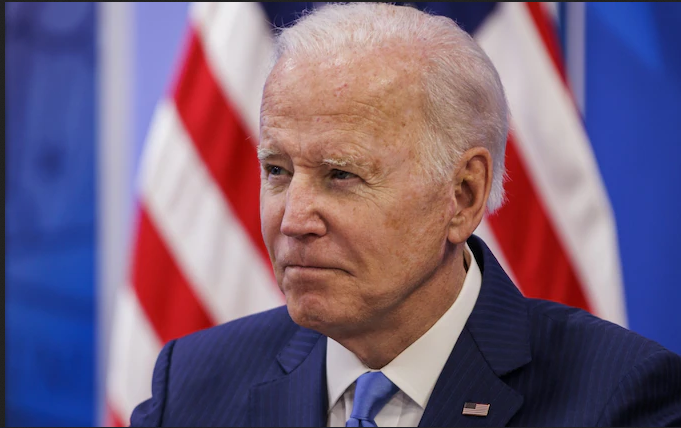President Joe Biden of the United States, who is suffering from a viral infection called Covid-19, faces a new moment of truth this week about an economy that is stuck in an identity crisis and buffeted by unpredictable outside forces. At any other time, a President presiding over a 3.6% unemployment rate — a shining number that normally would suggest a healthy economy — would expect his approval rating to be around 50% and be cruising to a second term. But Biden’s job performance rating has slumped into the 30s, and Democrats are bracing for big losses in midterm elections in November. The culprit is inflation, which has surged because of raging demand and Covid-compromised supply chains, exacerbated by an increase in oil prices.
The US inflation rate is increasing rapidly, fueled by several factors including rising food and gas prices. The increase in the inflation rate is bad news for the current administration as 75% of Americans surveyed recently in a CNN poll named inflation and cost of living as their most important economic problem. The Federal Reserve will likely raise interest rates again this week in an attempt to tame inflation; however, some experts think that this strategy came too late and may tip the economy into a recession. As CNN Business’ Nicole Goodkind wrote in a piece titled “What the Fed and Madonna have in common,” over the weekend: “The central bank’s dependability hinges on Americans believing that it’s … dependable.”
If Fed Chair Jerome Powell announces his intentions to reduce abnormally high inflation, Americans believe him, and as a consequence, their behavior will shift accordingly. It’s a self-fulfilling prophecy, the Fed’s version of The Secret.
Goodkind notes that the Federal Reserve, much like Madonna, is constantly evolving. Unlike Madonna, the Fed aims to project an aura of stability. (Note: this sentence would be stronger if the author had used a comparison other than Madonna—perhaps a more timely pop culture reference.) Meanwhile, amid all the focus on inflation’s erosion of the strength of US paychecks, Goodkind notes that this week marks a sobering milestone for struggling American families: It’s been 13 years since the last time the US federal minimum wage was raised, to $7.25 an hour , making it the longest period without a raise since the federal minimum wage was enacted in 1938 .
That cannot be assisting Joe Biden in the face of unfavorable poll data about the economy. Among 18 Americans who shared a CNN poll, only 18 said that the nation’s economy was in excellent condition, while 82 said that the financial system is troubled.
The latest figures from the Conference Board on consumer confidence are due to be released Tuesday. The previous report, published in May, showed souring confidence in the face of high gas and food prices and rising recession risks. Inflation surged to a new pandemic-era peak in June, with US consumer prices jumping by 9.1% year-over-year. The White House seized on a more recent dip in gas prices earlier this month while complaining that the tumbling price was not being covered by the media with the same intensity that accompanied the hike in prices. But public perceptions of the economy aren’t likely to change that fast. Even if this week’s data suggest that the economy isn’t heading for a recession, it will still be a hard sell for the White House. Any president arguing that the economy isn’t really as bad as it feels to voters is in trouble.



